Coronavirus & travel insurance: experts answer the most FAQ
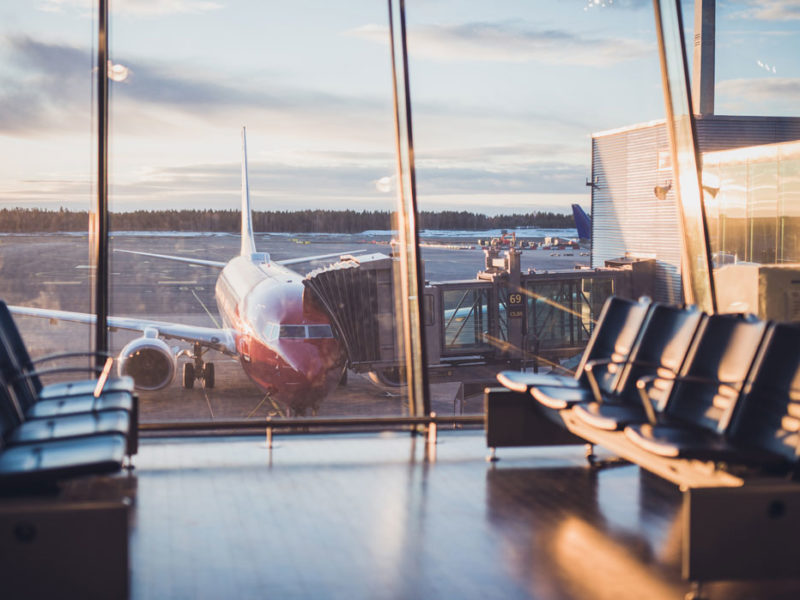
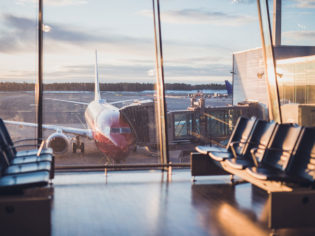
Shaney Hudson speaks with Cover-More and Lisa Kable from the Insurance Council of Australia to get answers to the most frequently asked questions about how coronavirus will impact your travel insurance.
On March 11 2020, the World Health Organisation (WHO) declared COVID-19 a pandemic. A pandemic is considered the worldwide spread of a new disease. While this was not unexpected, it has led to significant decisions by governments to limit border entry, and tourism operators to suspend operations in the last 24 hours.
Below you’ll find the most informed answers available to the frequently asked questions about travel insurance in light of the COVID-19 pandemic.
What have travel insurers said?
The Insurance Council of Australia, which is the representative body of the general insurance industry, declared COVID-19 an insurance catastrophe on March 11th 2020.
“Pandemic is part of a general exclusion in many travel insurance policies, the wording most commonly found is ‘pandemic, epidemic, infectious disease, disease’”, says Lisa Kable from the Insurance Council of Australia.
“However, this is a fast moving unprecedented situation, so best to check in with individual travel insurers”.
What if coronavirus is impacting my travel plans?
A number of countries have enacted travel bans or restricted the movements of citizens. The Australian government is frequently updating its travel advice on its website, Smart Traveller, and as of March 18 it has raised its travel advice to do not travel overseas at this time.
If your travel plans have been impacted, Kable recommends first contacting travel suppliers to see if they offer alternative arrangements, including airlines, accommodations, tour operators and cruise operations to see if they have options for refunds, credits or change of destination.
“After customers know their position with their suppliers they should contact their travel insurer to discuss their personal circumstances in relation to the type of travel insurance policy they purchased” advises Kable.
“Insurers are certainly aware of the disruption to people’s travel plans and are trying to assist where possible”.
How do I know if I am covered?
Your coverage depends on three things:
Who your policy is with, what policy you have, and when you purchased your travel insurance.
Most policy documents and Product Disclosure Statements (PDS) include exclusions for pandemics, epidemics, infectious diseases or “Known events”. COVID-19 was considered by most insurers to be a “known event” between January 20th to January 31st.
Policies purchased prior to this date range may cover travellers who are overseas for coronavirus-related expenses, dependent on the type of policy purchased. However, according to the Insurance Council of Australia’s Disasters website:
“Travel insurance policies purchased after COVID-19 became a known event are unlikely to cover travellers who are overseas or who are yet to travel for coronavirus-related expenses.”
Each Insurance company, and the individual policy they offer, will be different. It is critical to read the Product Disclosure Statement (PDS) thoroughly, and talk to your insurer to clarify what you are, and aren’t covered for.
What should I ask my insurer?
Whether you have insurance already or are looking to purchase travel insurance in the future, questions to ask include:
1. Whether you are covered for cancellations, delays and/or expenses incurred if you have to self-quarantine.
2. What happens if Smart Traveller changes their advice for your destination.
3. Most important of all, whether you are covered for medical care if you become ill with coronavirus.
What happens if I am not covered and I still travel?
If you are not covered, you travel at your own risk. Consider if you have the financial resources to cover the cost of a replacement ticket home, 14 days quarantine, and medical costs; which for a country like the United States, could run into the hundreds of thousands of dollars.
If you get sick, some countries are already experiencing stress on their health systems, and you may not get the level of treatment you are used to in Australia. Consider the quality of the medical services on offer in your destination. Most concerning are reports that certain people who contract coronavirus are being prioritised for treatment based on age or chronic illness – so if you have an underlying medical condition, consider how this impacts you.
Australia currently has reciprocal health care agreements with eleven countries including Belgium, Finland, Italy, Malta, the Netherlands, New Zealand, Norway, the Republic of Ireland, Slovenia, Sweden and the United Kingdom. This means their health care system will treat you – however, Italy is currently experiencing a severe outbreak and resources are limited, and the situation in each country is changing daily.
All Australians advised not to travel overseas
According to DFAT’S Smart Traveller website, travellers should not travel overseas at this time. As of March 18, it has raised its travel advice to an unprecedented level 4 for the entire world. It is now at its highest advice level.
“We now advise all Australians: do not travel overseas at this time. This is our highest advice level (level 4 of 4),” it said in an update on Smart Traveller.
They are also urging all Australians travelling overseas to return home.
“If you’re already overseas and wish to return to Australia, we recommend you do so as soon as possible by commercial means,” said the update.
“You may not be able to return to Australia when you had planned to.”
They also highlighted that commercial flights may become less available over the coming weeks as a number of commercial airlines announced they are cutting the capacity of international and domestic flights.
While international travel may be off the cards for now, there is plenty of incentive to explore your own backyard. Much of Australia is still drought-stricken and dealing with the economical and emotional effects of the recent bushfires. Here are 22 towns to visit in Australia after the bushfires, follow our 7 day bushfire relief road trip itinerary through South Australia or our 8 day bushfire relief road trip through NSW.
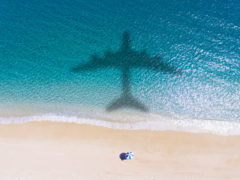
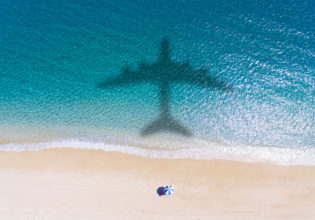






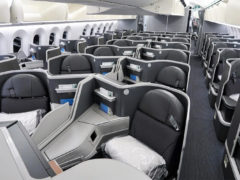
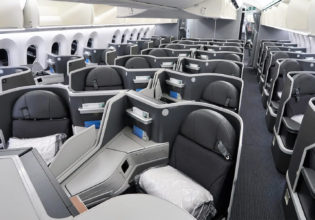



LEAVE YOUR COMMENT